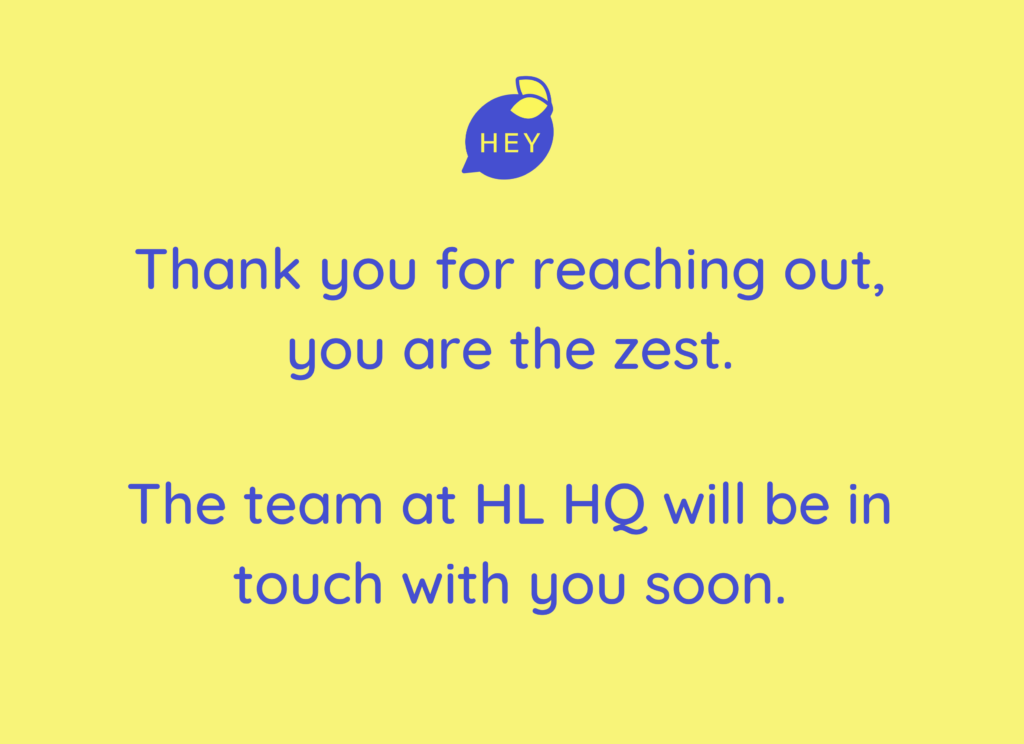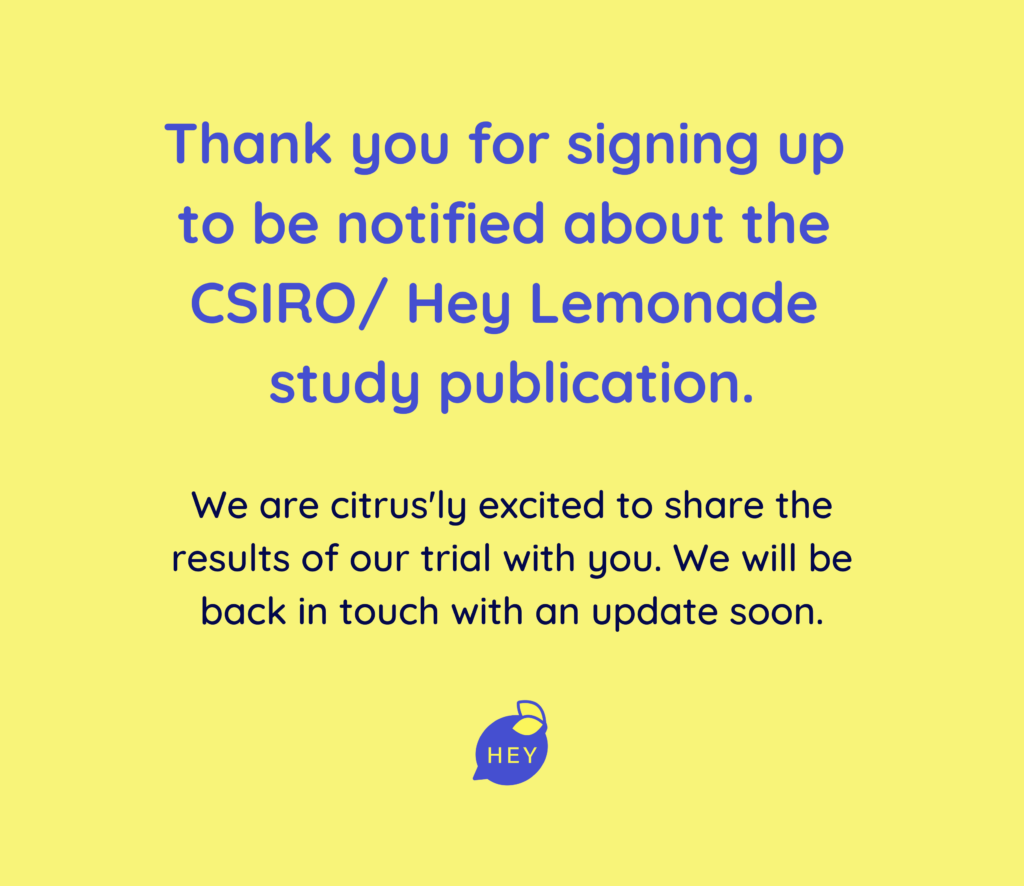
How embracing radical hope is the answer to toxic positivity.
Hey Lemonade Co-Founder Elise McCann writes for Future Women.
You would be forgiven for cringing at the thought of another newsletter about positivity. The unrelenting pressure to remain upbeat, no matter how difficult or stressful a situation is, has taken hold of our collective consciousness. Toxic positivity has developed as a coping mechanism with empty platitudes and woo-woo affirmations masking genuine emotions in our relentless pursuit of happiness.
However the answer to this false positivity I believe, is radical hope. Hope is more than positivity. It requires action, it requires risk. It is rooted in a belief that another world is possible – not promised, not guaranteed. As Rebecca Solnit wrote, “Hope is not a lottery ticket you can sit on the sofa and clutch, feeling lucky. It is an axe you break down doors with in an emergency.”
So here are six pragmatic and practical ways to shift our thought patterns and perspective, to train the brain to feel hopeful that things can change, to see possibilities whilst accepting that things are tough and approach challenges whilst embodying radical hope.
1. Assume others have good intentions
Most conflicts and miscommunications can be solved by asking someone what they intended to do or say rather than assuming the worst. It doesn’t mean you are being naive. It means you seek the positive and, in doing so, set the precedent for others to do the same. You create an upward spiral of interactions and build trusting relationships.
2. Focus on what you can control
We can’t always choose what happens to us but we can choose how we respond. When confronting a challenge, think objectively about what experience of life you want. Go back to basics. ‘Do I want to hold onto this resentment? Who is this helping?’ Letting go of negativity is not about ignoring a situation or experience. It is about choosing your own happiness, choosing your own peace. Taking responsibility for what we are choosing to hold onto and what we are not is powerful. Sometimes you need to hold onto something for a bit. But take responsibility for the fact you are choosing to hold this right now and that gives you the power to also choose when to let it go.

Hope is more than positivity. It requires action, it requires risk. It is rooted in a belief that another world is possible – not promised.

3. Cultivate genuine enthusiasm
If things aren’t going your way, don’t worry about solving the big problems. Focus on finding one small bit of joy every day that gives you even the slightest feeling of happiness. The brain is a muscle. Practicing that perspective re-trains the brain and has a flow-on effect. It’s like solar panels, you put solar panels on your roof, it creates its own electricity force and the cost of living goes down. When you have enthusiasm that is genuine and vibrant and real, it becomes your own energy source. It creates electricity in your sense of self and the challenge of living becomes easier because you are genuinely filled with energy and excitement..
4. Reframe comparison
One of the biggest situations where we find ourselves failing pray to negativity is comparison. Rather than seeing other people’s achievements or successes as a sign of your failings, or pretending you don’t care, use it as a way to identify and understand what you want. Consider it a means of identifying something you feel is lacking, and then take specific action to attain or achieve it. If it’s out there for someone else, that means it exists and it’s out there for the taking for you too. Turn it into a goal to shoot for.
5. Get really clear about what you want.
Some people call it manifesting, I call it clarifying. It’s not about wishing and waiting for things to come to you without any action, it’s about taking stock of what we are saying we want and how we are behaving. By actively taking time to think about and get clear on what you truly want, you make it easier to identify and say no to things that aren’t serving those goals. When you do this, you have the space to recognise and make decisions based on the things that will get you closer to your goals.
6. Finally, be honest and real.
In the ‘pursuit of happiness’ we often suppress our emotions and jump straight to what we think is the ‘socially acceptable’ response. When we do this we are telling our brains that how we feel is not important – and this makes it hard to delineate true emotions, both negative and positive. When our rights are violated, we should feel angry. When we lose someone close to us, we should feel sad. When we fall in love, we should feel giddy. When we achieve something new, we should feel proud.
Our emotions are important and they help keep us safe and reinforce our connections with people. Try to re-connect to your emotions, watch the feelings rather than judge them. There is no perfect way to respond. There is no perfect form of decision-making. There is only how you feel at this very moment. Think of your emotions as signals of what is important to you. If we stop thinking of other people’s expectations, or even all the logistics and just tune into ourselves, you’ll find that you have a pretty good sense of who you are, what you like and what you need. Trust yourself.
Important Links
This article was written in collaboration with Future Women. Subscribe to Future Women here.


